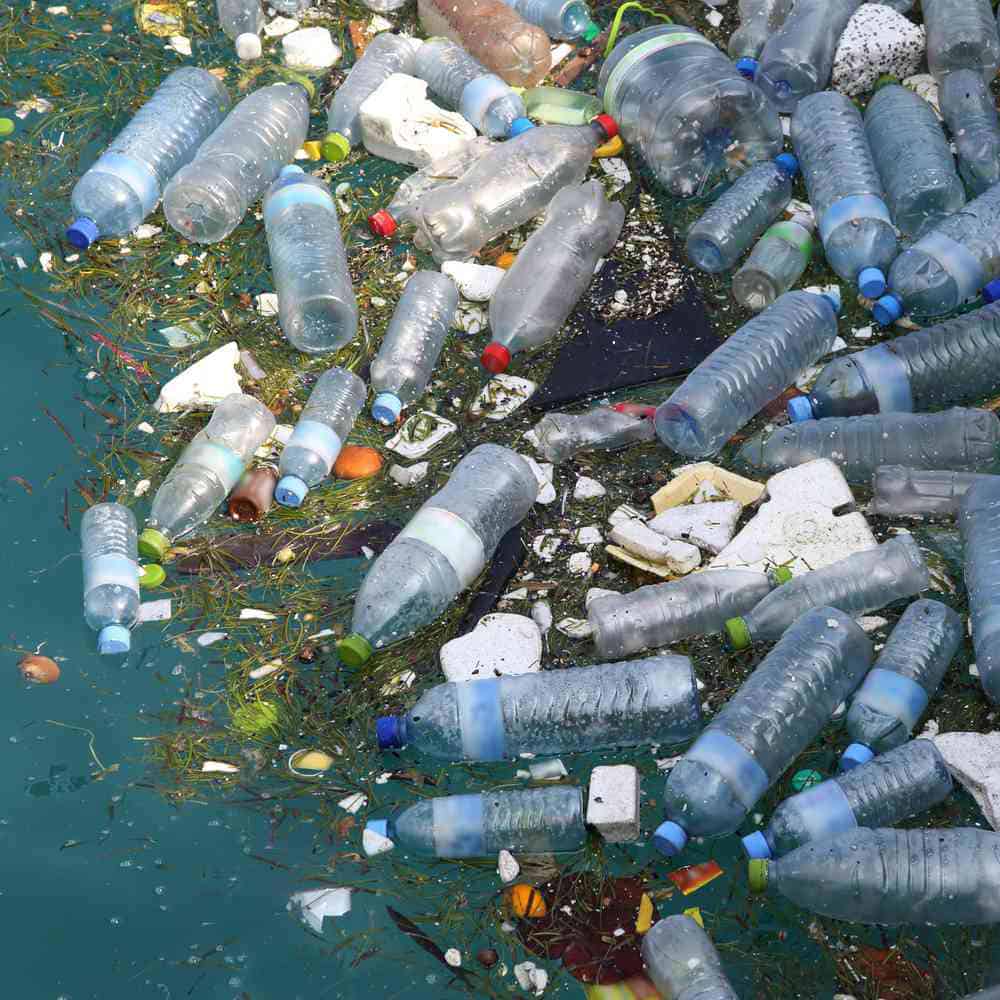It is time to change how we produce, consume, and dispose of the plastic we use.
The theme for this year’s World Environment Day is all about solutions to the problems around plastic pollution #beatplasticpollution. It’s great to see a positive solution-based approach this year rather than the doom and gloom rhetoric that has become part of the conversations around environmental issues. This year it’s all about recognising that we have become dependent on single-use plastic products but “Hey we also have effective solutions to bring to the table!”
To put our dependence on single-use plastic into some perspective, around 200 million tonnes of single-use plastic is produced each year, which is around 3,846 times the weight of the Sydney Harbour Bridge (52,000 tonnes), with less than 10 per cent of that recycled. Not only is plastic made using fossil fuels, but it also has a huge carbon footprint, will still be here in hundreds of years, leaches toxins into food and drink, causes hormone disruption and cancers, pollutes our oceans, kills or harms marine animals and birds, as well as ultimately finding its way into our food chain through microplastics.
We have also seen governments, such as the NSW Government, due to widespread support start to address problematic plastic waste by putting into place legislation that bans certain single-use plastics such as:
- single-use plastic straws, stirrers, cutlery, plates, bowls (without lids) and cotton buds
- foodware and cups made from expanded polystyrene
- rinse-off personal care products containing plastic microbeads.
This is a step in the direction towards a circular economy where materials and resources are valued and kept in the productive economy while creating jobs and protecting the environment and the community.
ESG as a big push
As Environment, Social and Governance (ESG) initiatives and reporting continue to become a goal for businesses, waste and recycling and the emissions that come from a company’s waste management systems all contribute towards these initiatives. Businesses need to ask themselves – What waste are they generating? How can they divert more waste from landfill? How can they optimise their services to not create waste in the first place?
The good news is that Advitech has the science and engineering capabilities to help businesses measure and provide solutions to meet your sustainability goals (zero waste) whilst also ensuring you remain compliant.
